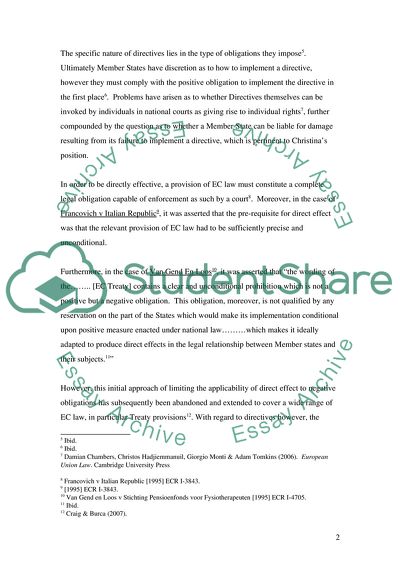Cite this document
(“EU LAW Essay Example | Topics and Well Written Essays - 2500 words - 2”, n.d.)
EU LAW Essay Example | Topics and Well Written Essays - 2500 words - 2. Retrieved from https://studentshare.org/miscellaneous/1547657-eu-law
EU LAW Essay Example | Topics and Well Written Essays - 2500 words - 2. Retrieved from https://studentshare.org/miscellaneous/1547657-eu-law
(EU LAW Essay Example | Topics and Well Written Essays - 2500 Words - 2)
EU LAW Essay Example | Topics and Well Written Essays - 2500 Words - 2. https://studentshare.org/miscellaneous/1547657-eu-law.
EU LAW Essay Example | Topics and Well Written Essays - 2500 Words - 2. https://studentshare.org/miscellaneous/1547657-eu-law.
“EU LAW Essay Example | Topics and Well Written Essays - 2500 Words - 2”, n.d. https://studentshare.org/miscellaneous/1547657-eu-law.


